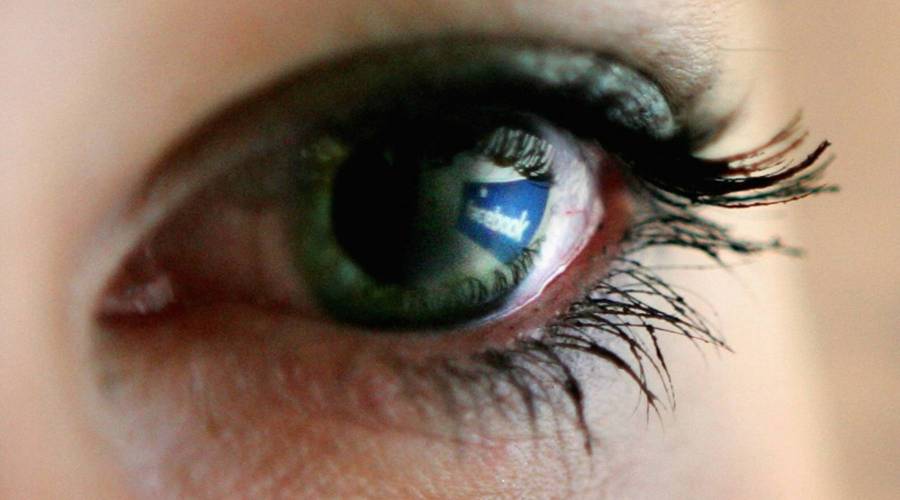Meet the fact-checkers trying to clean up Facebook

We're a week away from midterm elections, and it's time to talk about social media. After the 2016 elections, it became clear that a lot of divisive, misleading and flat-out false information was being shared via Facebook. A study earlier this year said Facebook was responsible for the spread of more false news than any other platform. And once the bad information was out there, fact-checking couldn't do much to reverse its impact. After the 2016 election, Facebook partnered with a handful of news organizations to combat misinformation before it spread. Two years later, that still very much feels like an uphill battle. Angie Holan, the editor at PolitiFact — one of the outlets working with Facebook — told Molly Wood that official fact-checking partners get access to a special selection of potentially false information. (10/19/18)
We’re a week away from midterm elections, and it’s time to talk about social media. After the 2016 elections, it became clear that a lot of divisive, misleading and flat-out false information was being shared via Facebook. A study earlier this year said Facebook was responsible for the spread of more false news than any other platform. And once the bad information was out there, fact-checking couldn’t do much to reverse its impact. After the 2016 election, Facebook partnered with a handful of news organizations to combat misinformation before it spread. Two years later, that still very much feels like an uphill battle. Angie Holan, the editor at PolitiFact — one of the outlets working with Facebook — told Molly Wood that official fact-checking partners get access to a special selection of potentially false information. (10/19/18)
The future of this podcast starts with you.
Every day, the “Marketplace Tech” team demystifies the digital economy with stories that explore more than just Big Tech. We’re committed to covering topics that matter to you and the world around us, diving deep into how technology intersects with climate change, inequity, and disinformation.
As part of a nonprofit newsroom, we’re counting on listeners like you to keep this public service paywall-free and available to all.
Support “Marketplace Tech” in any amount today and become a partner in our mission.












